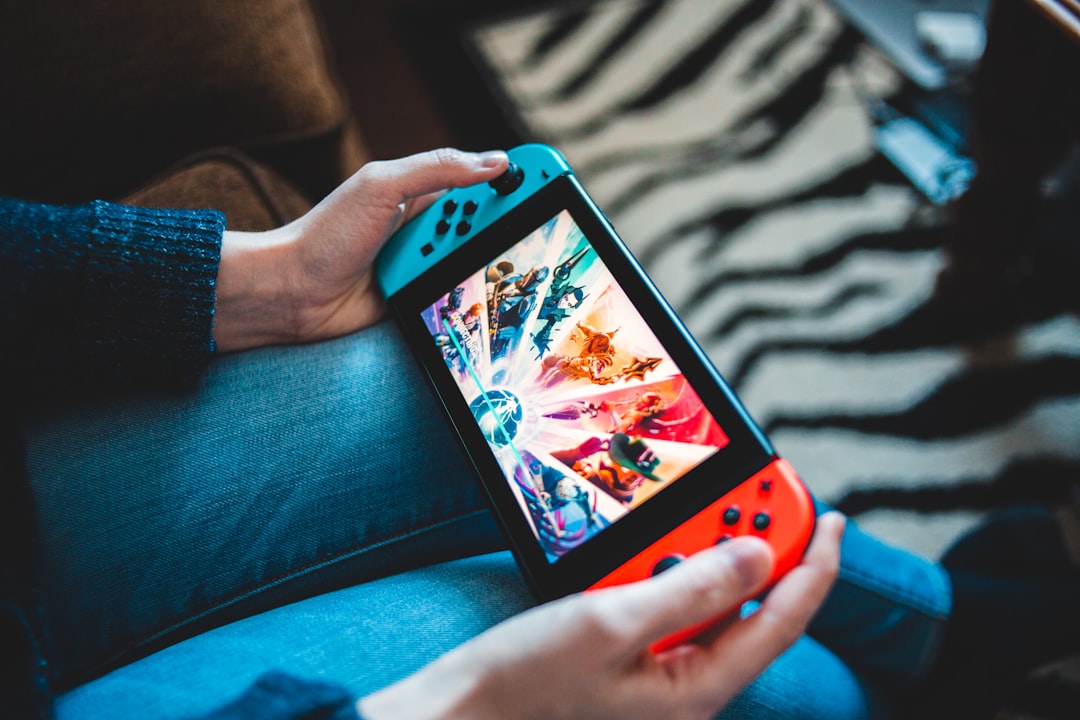The gaming industry has grown exponentially in recent years, with more and more people around the world using video games as a source of entertainment, relaxation, and social interaction. However, despite its widespread popularity, there is still a significant issue that needs to be addressed: the lack of accessibility in gaming for individuals with disabilities.
Accessibility in gaming refers to the design and implementation of features that allow individuals with disabilities, such as visual, auditory, cognitive, or motor impairments, to fully participate and enjoy gaming experiences. This includes making games more adaptable to different needs and preferences, providing options for customizable controls, and incorporating features like subtitles, closed captions, and audio descriptions.
The importance of accessibility in gaming cannot be overstated. By making games more accessible, developers can ensure that everyone, regardless of their abilities, can enjoy and experience the magic and thrill of gaming. This not only promotes inclusivity and diversity within the gaming community but also opens up opportunities for individuals with disabilities to engage in a form of entertainment that was previously inaccessible to them.
One of the key benefits of accessibility in gaming is the increased sense of independence and empowerment it provides to individuals with disabilities. By incorporating features like customizable controls and adjustable difficulty settings, players can tailor the gaming experience to their specific needs and abilities, allowing them to play comfortably and confidently without feeling excluded or disadvantaged.
Moreover, accessibility in gaming promotes a more inclusive and welcoming gaming community. By making games accessible to individuals with disabilities, developers can foster a diverse and supportive environment where everyone feels accepted and valued. This not only benefits players with disabilities but also creates a more enriching and enjoyable experience for all gamers.
Furthermore, accessibility in gaming has the potential to improve cognitive and motor skills for individuals with disabilities. By engaging in gaming activities that are adapted to their needs and preferences, individuals can enhance their problem-solving abilities, spatial awareness, and hand-eye coordination. This can have a positive impact on their overall well-being and quality of life, as they are able to engage in a meaningful and enjoyable activity that promotes cognitive and physical development.
Despite the numerous benefits of accessibility in gaming, there is still much work to be done to ensure that individuals with disabilities have equal access to gaming experiences. Many games still lack essential accessibility features, such as customizable controls, subtitles, and alternative input methods, making it difficult for individuals with disabilities to fully enjoy and participate in gaming activities.
To address this issue, it is essential for developers to prioritize accessibility in game design and development. This includes conducting thorough accessibility assessments, consulting with individuals with disabilities, and implementing feedback and suggestions to improve the accessibility of games. By taking these steps, developers can create more inclusive and accessible gaming experiences that cater to the diverse needs and preferences of all players.
In conclusion, the importance of accessibility in gaming cannot be underestimated. It not only promotes inclusivity and diversity within the gaming community but also empowers individuals with disabilities to participate and enjoy gaming experiences on an equal footing with their peers. By making games more accessible, developers can create a more inclusive and welcoming gaming environment that benefits everyone. It is essential for developers to prioritize accessibility in game design and development to ensure that individuals with disabilities have equal access to gaming experiences and can fully participate in the magic and joy of gaming.


